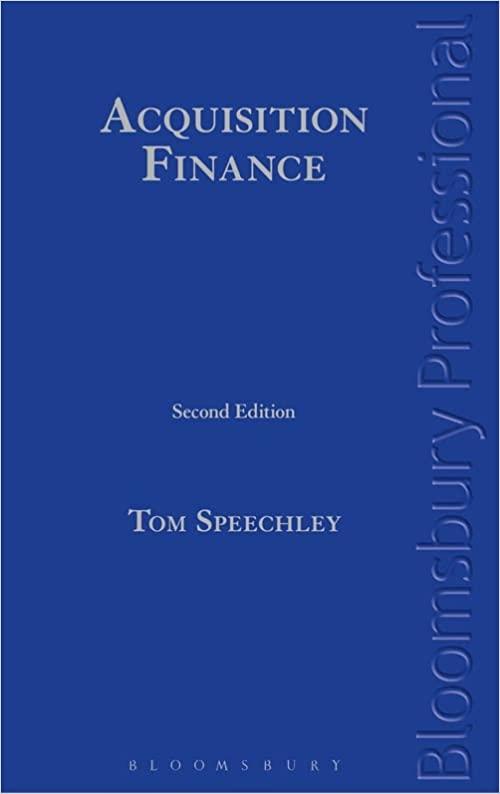Question
I have some questions about the forward price calculation. These two examples in the textbook both use special compounding from t to T and no
I have some questions about the forward price calculation. These two examples in the textbook both use special compounding from t to T and no need to use continuous compounding. I hope to understand this concept. Could someone explain what formula I need to use and why? Thank you very much.
A stock S with price at time t pays no dividends. If you own shares of S suppose that you can make some extra money by lending them to someone with the agreement that when they return the shares to you they will pay you b% of the final price as a fee for the loan. What is the formula for the value at time t of a forward contract to deliver the stock at time T for a price of K dollars? Assume the riskless interest rate at which you can borrow or lend money is r% for that exact period from t to T.
Suppose you have the same stock as above, but in addition, the company will pay a preannounced cash dividend of D dollars per share at time T to anyone who owns the share at time t. The value at time t of the forward price of the stock for time T is

Step by Step Solution
There are 3 Steps involved in it
Step: 1

Get Instant Access to Expert-Tailored Solutions
See step-by-step solutions with expert insights and AI powered tools for academic success
Step: 2

Step: 3

Ace Your Homework with AI
Get the answers you need in no time with our AI-driven, step-by-step assistance
Get Started


